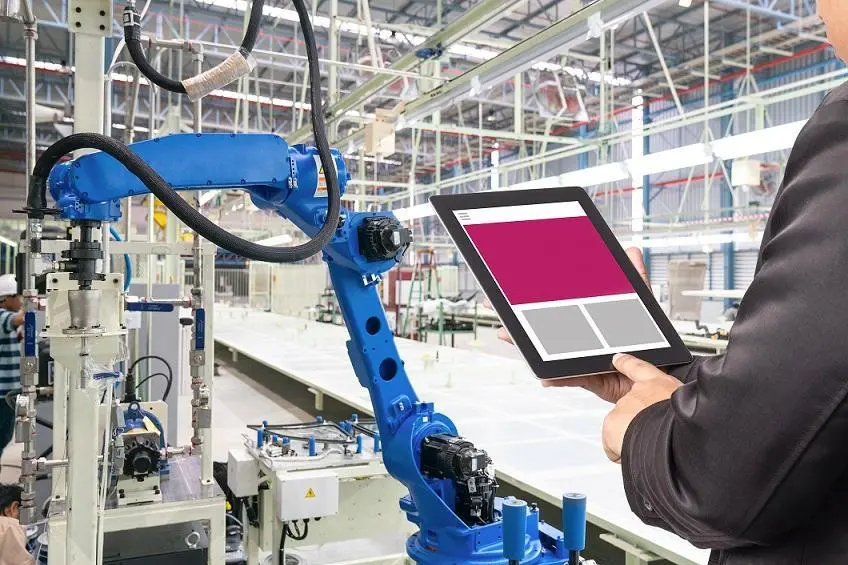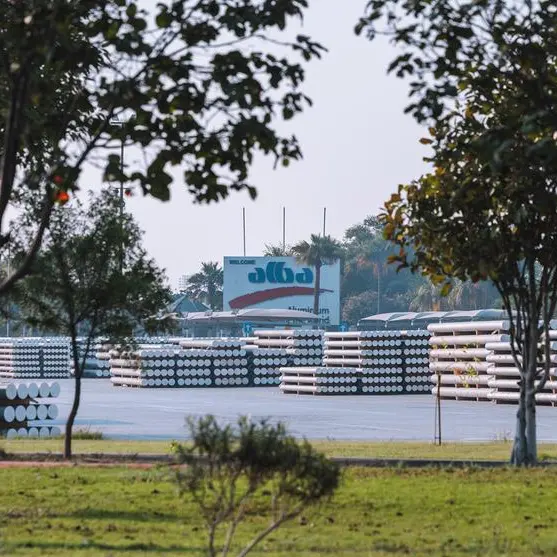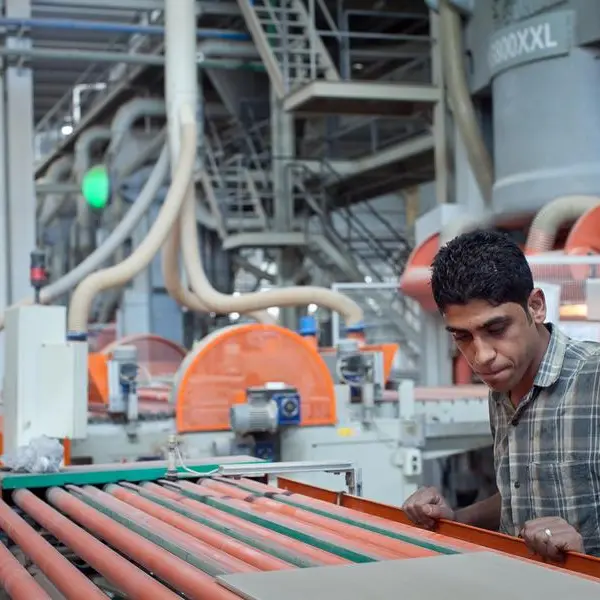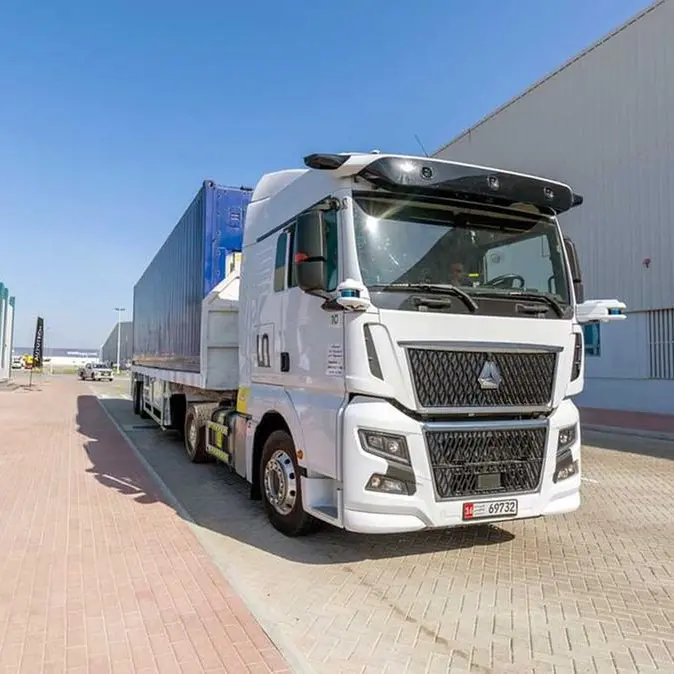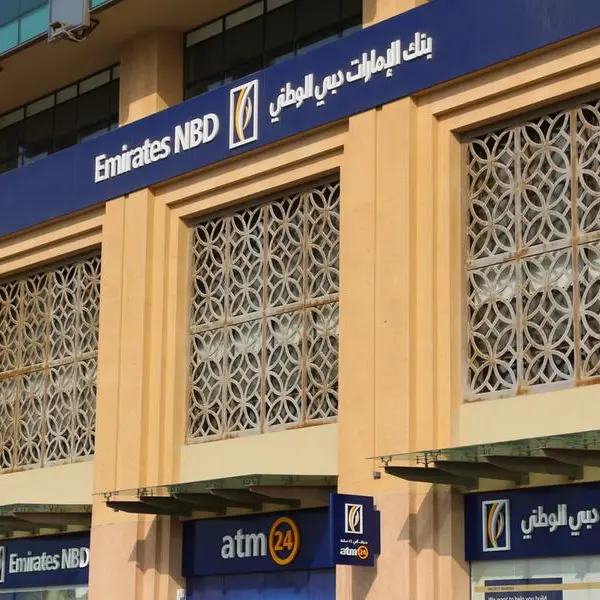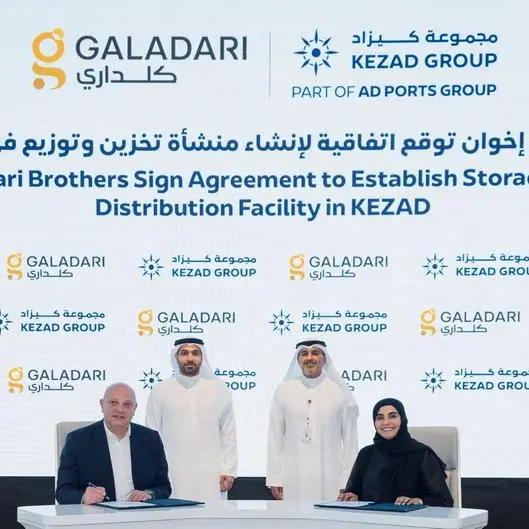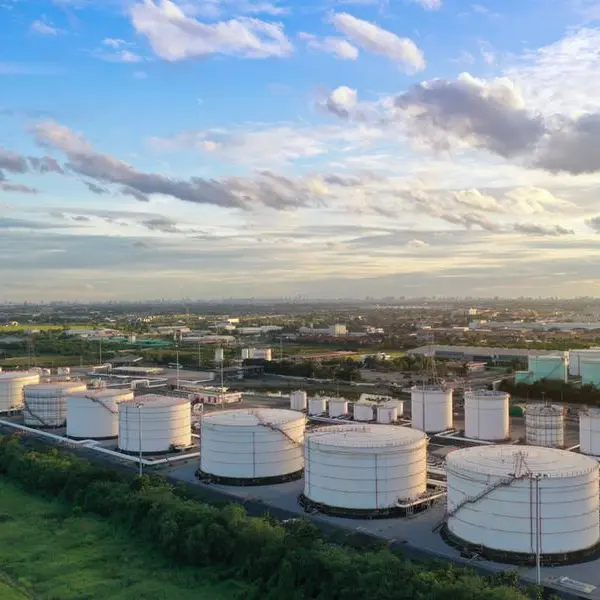PHOTO
Manufacturing companies in Saudi Arabia and the UAE prioritise high quality and speed, whereas established markets like the US and Europe prioritise cost reduction, according to Ediz Eren, Regional VP for META, Rockwell Automation.
Sharing his observations on Rockwell Automation's 9th State of Smart Manufacturing Report, which covers Saudi Arabia and the UAE, Eren said the region's two biggest economies are "developing" in terms of their manufacturing sectors, which brings its own set of challenges, including maintaining high quality and ensuring a stable supply chain.
"Here, it is I'm going to grow, I'm going to do bigger, I'm going to go global, but it should be with high quality and uninterrupted supply, whereas in established markets, the focus is to reduce the cost and protect existing margins in the competitive environment," he said.
The Report found that growing into new markets and international expansion was the top business outcome companies in Saudi and the UAE want to achieve by deploying smart manufacturing technologies (41 percent), significantly higher than the global average of 33 percent.
Supply chain planning (17 percent) had the biggest ROI, higher than the US (10 percent) and Europe (13 percent).
"In the growth phase, the biggest problem is the supply chain. Being fast and high quality are the first two things that are specific to our region," said Eren.
AI to the fore
Another key finding was 44 percent of the respondents voting for AI/Machine learning to drive their biggest business outcomes, above both the US (39 percent) and Europe (42 percent). The study revealed that 87 percent of companies in Saudi and the UAE have invested or plan to invest in Artificial Intelligence (AI) and Machine Learning (ML) within the next year, with generative AI leading the charge at 86 percent. The standout generative AI applications were quality control (50 percent), cybersecurity (47 percent), robotics (37 percent), and supply chain management (36 percent).
The Rockwell Automation executive clarified that generative AI is used in conjunction with automation and human intervention.
"We are trying to move this automation to autonomy by generative AI wherein data collected from the field is leveraged for increased yield, cost-effectiveness, reduced variation in quality, and higher overall quality in production," he explained.
Eren gave the food and beverage industry as an example, where the biggest concerns are adhering to food safety regulations regarding the quality of raw materials and their storage.
He said Rockwell Automation's IIOT platform will monitor the expiration dates of the raw materials and auxiliary data like temperature and humidity and optimise supply chain requirements based on order intakes and production plans.
"Here, AI works to optimise supply chain requirements by placing orders at the right time with the relevant vendors," he noted.
Skills shortage
However, it is not all smooth sailing, with both countries underscoring the lack of skilled workers (46%) as the biggest barrier when adopting smart manufacturing technologies, well above the next two, cost and employee resistance to change – both at 34 percent. When asked what the biggest internal challenge to growth was, workforce issues featured prominently, with worker/knowledge retention second at 24 per cent. To address the labor shortage and skills gap, 45 percent of companies in Saudi and UAE are looking to increase the use of automation. Other significant responses were outsourcing work to consultants (42%) and introducing AI (41%).
Eren underlined that while the analytical skills gained by the individual through education are very important, it is equally important to understand the technologies in the market.
"They should be able to use that knowledge together with analytics so that when they go to the manufacturing environment, they can find solutions to the conventional methods in use," he said.
He said the tendency towards greater automation, including robotics, represents a risk mitigation measure for manufacturers.
"The pandemic made it clear that dependency on employees for the manufacturing lines is quite a high risk. Moreover, today's youngsters are prone to changing jobs quickly and getting bored easily. Employers are trying to eliminate this risk."
Climate change
The Report also found that companies in Saudi Arabia and UAE consider climate change to be the single biggest obstacle to growth (37 percent), significantly higher than the US (24 percent) and Europe (20 percent).
Commenting on the finding, Eren explained that the concern stems from the region's hosting of energy-intensive processes and industries like mining, metals, oil, and gas.
"What we need to do, simply put, is decarbonisation by reducing energy consumption. Rockwell Automation provides a comprehensive energy management solution with high level reporting to the management as well as detailed breakdowns of energy use. We then show the impact of implementing our technologies on energy consumption."
He pointed out that the company offers schemes where customers can pay for the technology investments from their energy savings. Interestingly, while 75 percent of companies said they would invest more than 20 percent of their operating budget in technology, a quarter cited technology paralysis as the biggest barrier to deploying and integrating new technology.
Eren said technology paralysis is related to choosing between customised or generic solutions, local versus global, the knowledge quotient of decision-makers, and their risk appetite.
"Our solution is to offer a proof-of-concept pilot project to demonstrate the technology's capabilities. This allows their team to understand how it works and examine our capability and capacity. After those clarifications, we can proceed with the deployment," he explained.
The international study surveyed more than 1,550 respondents from 17 countries, including Saudi Arabia and the UAE.
(Reporting by Anoop Menon; Editing by SA Kader)
Subscribe to our Projects' PULSE newsletter that brings you trustworthy news, updates and insights on project activities, developments, and partnerships across sectors in the Middle East and Africa.
